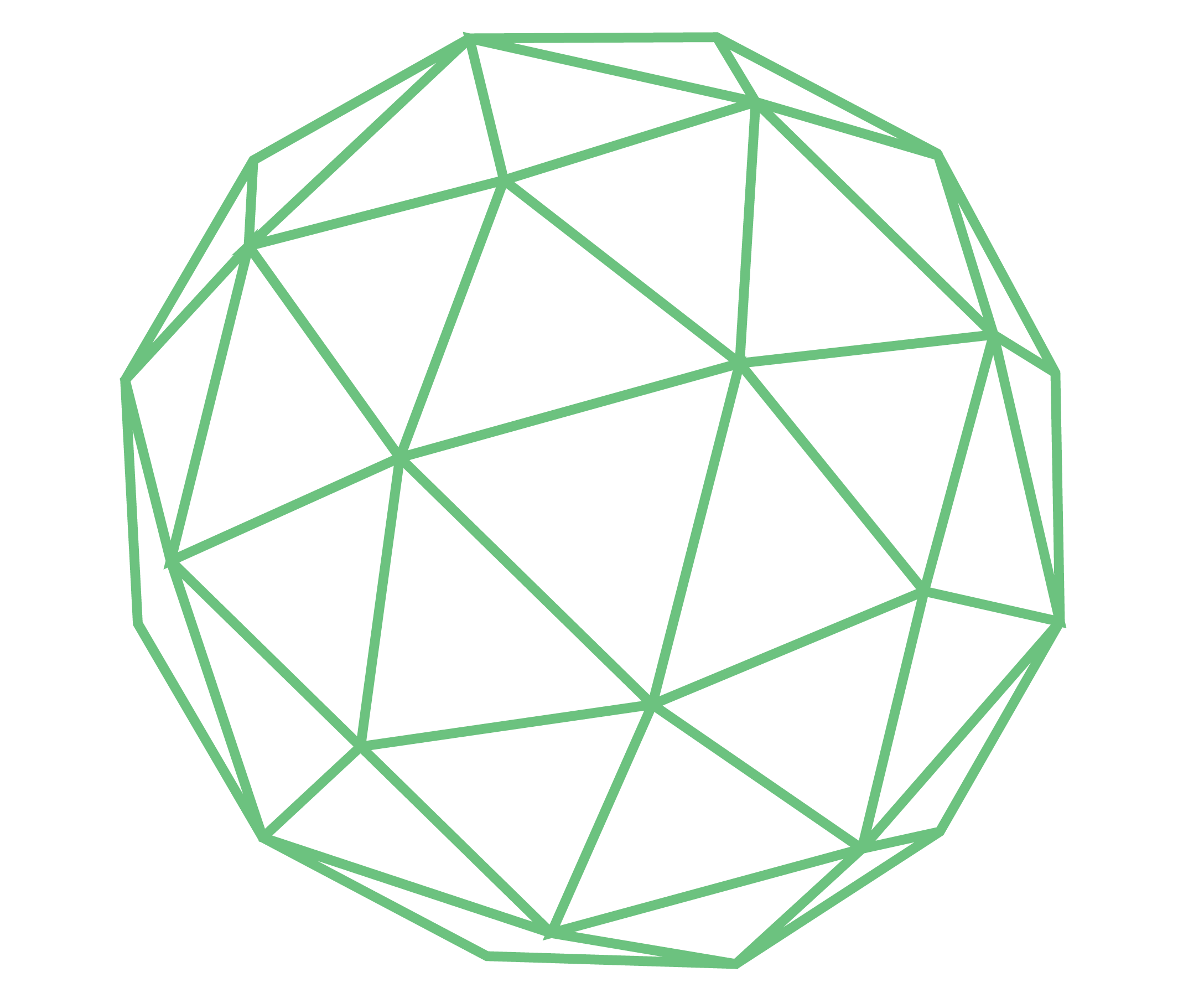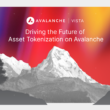The CEO of Pershing Square strongly condemned leading US University’s response to the atrocities committed by Hamas on October 7th, along with their permissive approach to the ensuing rash of antisemitic protests on their campuses. When he called for Harvard President Claudine Gay to step down, accusations that she was a plagiarizer surfaced and Ackman seized on this as further reason for her removal. Business Insider- potentially in concert with other targets of Ackman’s ire- then targeted his wife’s 2010 dissertation by publishing a claim she plagiarized portions of her work. In short order what Ackman himself describes as the “weaponization of AI for plagiarism” was birthed. What does this weaponization portend for universities, students, staff and the future of higher education? How will technology feature in the creation and defusal of AI weaponization, and how will the academic landscape be altered?
Post-Ackman academia may be unrecognizable.
Post-Ackman academia is a world of algorithmic and human committees & tribunals interpreting vast AI-parsed data to decipher authenticity and score the intent & degree of plagiarism. His blistering assault on the higher education institutions promises to review every word their professors, administrators and leadership have ever published, uncover any plagiarism and bring it to light. If there is even a statistically insignificant amount of plagiarism uncovered he will still identify an inordinate amount of plagiarism which, under the university’s own standards, must be reviewed and addressed. This will require the swift creation of permanent plagiarism committees specifically designed for the AI weaponized world.
This requires a standard for assembling committee members, and the committee members themselves will be subject to atomic AI scrutiny along with their resulting decisions which will be similarly screened.
If Ackman is successful and ppl of prominence are removed from their positions, any position with broad “societal impact” will effectively become subject to public referendum. To Ackman’s point public approval will be conditioned upon evolving standards of ideal types like meritocracy & proportionality that also require an AI-assisted committee to interpret which may operate in parallel but apart from the core committee.
In order to escape an infinite Kafka loop of endless recursive committees & public approvals, productive individuals will retreat to private enterprise (as many do now, but to a greater extent), weakening academic institutions as higher education’s best & brightest decide academia isn’t worth the squeeze (as his own wife has).
You can argue academia is already itself a mostly private enterprise, but that’s not quite right- that’s not how the money flows, and academia’s best & brightest are in no way compelled to produce work valued by and used in the private sector. Academia is an economy unto itself where ideas are valued over execution, a sort of inverse world to the world of markets. It’s held together by inertia created through academic’s consensus that their own scholarship is currency, that all markets are ultimately defacto denominated in this base currency, and their fiat economy of citations and published works is efficient, fair and valuable.
When this academic economy breaks down & scholars are sent hurtling out of the tightly governed orbit of today’s higher education system, diffuse and very different systems will emerge like alternate galaxies.
These smaller, bespoke galaxies will develop their own dissimilar criteria for merit along with their own currencies. Their marketplaces for merit will be shielded from the adverse effects of public opinion at first by virtue of their lesser individual societal influence and later through the existence of many comparably sized alternatives and low “switching costs”. What replaces today’s highly integrated network of institutions will likely not be institutions of similar size and influence, but rather much smaller psuedo-institutions that are greatly varied and operationally remote – entirely new galaxies that may develop their own physics of sorts- perhaps more like alternate universes in this respect.
…Or Maybe This Becomes a Solved Problem?
If you follow my writing and thinking you’ll note I’m describing decentralization again. This is the mega trend of our era. This concept is applicable to many things, and it will feature in almost everything. From this perspective we can view academia as a broad idea aggregator that’s being replaced by a robust network of nodes, each with unique protocols for creating, valuing and disseminating knowledge.
This is both informed by and a product of the technology of decentralization; the atomization of value, *ownership*, provenance and commerce that exists within the blockchain. Indeed I believe every academic paper will be an NFT on the blockchain within this decade, and the currency of academia will become explicit- a tokenized landscape of ideas in the form of NFTs, themselves built upon tokenized underlaying data. this data will have its own provenance, explicit and transparent validation, and will be indexed to works where it is referenced. Data and Ideas will be mapped to each other and their midwives, creators and disseminators with granular precision.
Spellcheck may be replaced with Citation Check, a system that scans the entire published universe, identifies sources and automatically generates citations. Registering works on the blockchain will allow for the correct citation determined in chronological order of submission, or in the case of historic works consensus surrounding original publication date. Published essays, research papers and original works will be immutably and permanently associated with their authors and scanned for plagiarism, the accuracy of citations and an abstract will be generated instantly using AI. This system will eliminate the idea of plagiarism by making it functionally impossible to register plagiarized work.
Welcome to the new world.





